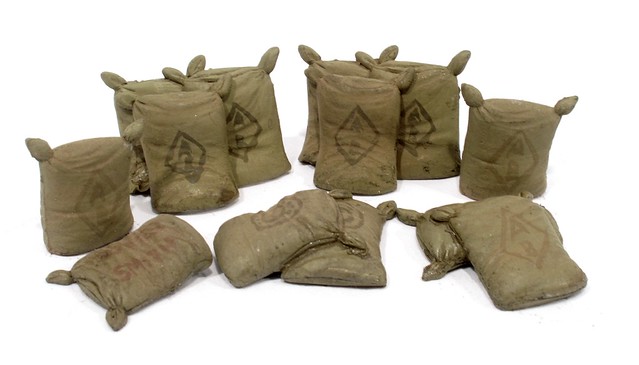Podcast: Play in new window | Download
In this episode we’re getting out onto the river to look into the word coracle.
A coracle is a small, rounded, lightweight boat traditionally used in Wales, in parts of the West Country of England. in Ireland and in Scotland. It is made of a framework of split and interwoven willow rods, tied with willow bark and traditionally covered with an animal skin such as horse or bullock hide, with a thin layer of tar to waterproof it. These days calico, canvas or fibreglass are used instead of animal hide [source].
They are also known as currachs/curraghs in Ireland and Scotland, and these words were all borrowed from Celtic languages: coracle from Welsh, currach/curragh from Irish or Scottish Gaelic.
Related words in Celtic language include:
- curach [kəˈɾˠax] = currach, coracle in Irish
- curach [kurəx] = coracle, curragh, frame (of a coracle or an animal) in Scottish Gaelic
- curragh [ˈkɔrʊɡ(i)] = coracle, canoe in Manx
- corwg(l) = coracle, skiff; vessel, drinking vessel in Welsh
- koroug = coracle in Cornish
- korac’h = coracle in Breton
These words comes from the Proto-Celtic *korukos (leather boat), probably from the PIE *(s)koro- (leather), from *(s)ker- (to cut off) [source].
Words from the same PIE roots include cuir (leather) in French, cuero (leather, animal skin, hide) in Spanish and couro (leather, hide) in Portuguese [source].
More details of shoe– and trouser-related words in Celtic languages can be found on the Celtiadur, a blog where I explore connections between Celtic languages in more depth. I also write about words, etymology and other language-related topics on the Omniglot Blog.
You can also listen to this podcast on: Apple Podcasts, Amazon Music, Stitcher, TuneIn, Podchaser, PlayerFM or podtail.
If you would like to support this podcast, you can make a donation via PayPal or Patreon, or contribute to Omniglot in other ways.










